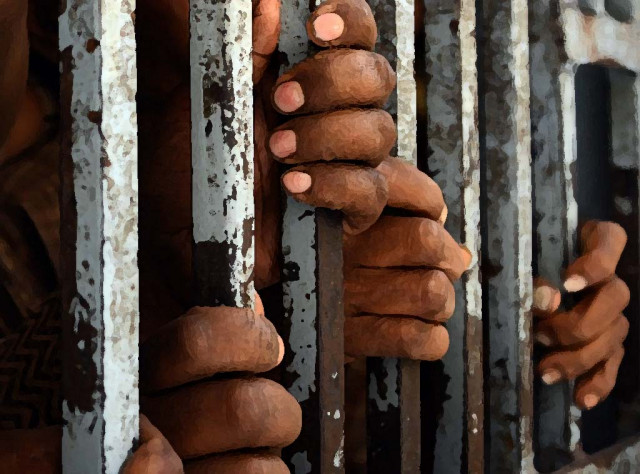Dutch court blocks extradition of Dutch-Pakistani to US over torture concerns
Dutch court says CIA had been involved in Dutch-Pakistani dual citizen's torture after his arrest in Pakistan

PHOTO: AFP
Dutch court documents showed the suspect, a Dutch-Pakistani dual citizen named Sabir Khan, was tortured after being apprehended by the ISI.
He faces charges in New York of conspiracy to commit murder and of supporting al Qaeda.
The court said the Netherlands could not transfer him because Dutch and international law prohibits the extradition of torture victims to countries that played a role in their abuse.
Washington denied in a letter sent to Dutch officials in October that US authorities were involved in his arrest, but the Dutch court said it was not convinced the CIA had not been involved in his detention.
"This letter does not rule out the possible involvement of the CIA," the court in The Hague said in a statement.
"Since it cannot be ruled out that it was the CIA which requested the arrest, the judge again forbids" his extradition.
Khan's lawyer Andre Seebregts said the CIA would have been responsible for Khan's torture if it had asked ISI to detain him.
Dutch authorities can appeal the ruling.
A US Senate report said in December the CIA misled the White House and public about its torture of detainees after the September 11 attacks in 2001 and acted more brutally and pervasively than it acknowledged in torturing al Qaeda and other captives in secret facilities worldwide between 2002 and 2006.



















COMMENTS
Comments are moderated and generally will be posted if they are on-topic and not abusive.
For more information, please see our Comments FAQ